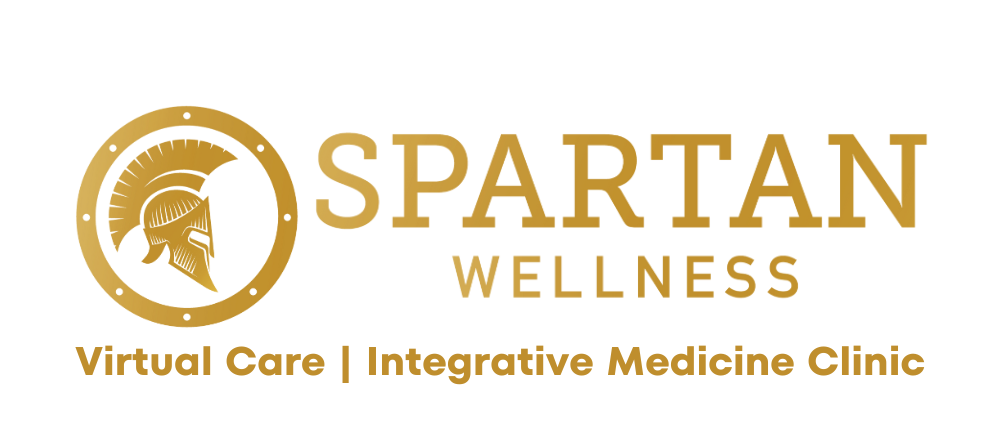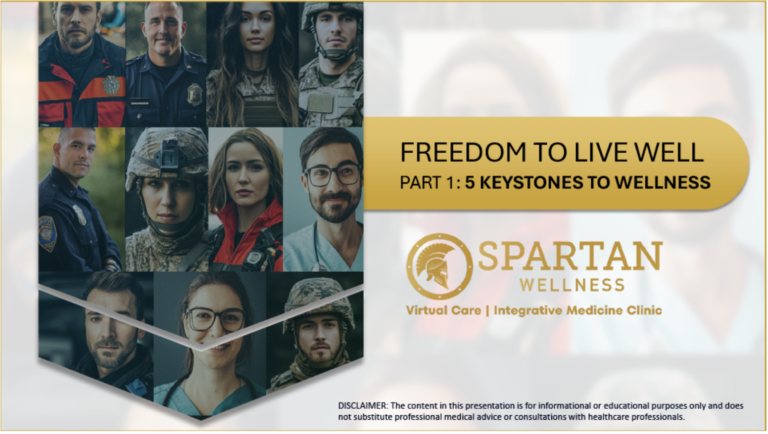Psychosocial Support
Psychosocial Support
The term "psychosocial" encompasses the interaction between psychological and social factors. The psychological dimension includes emotional and thought processes, feelings, and reactions, while the social dimension involves relationships, family, community networks, social values, and cultural practices.
"Psychosocial support" refers to actions aimed at addressing the psychological and social needs of individuals, families, and communities. This support requires proper training and supervision. Supervisors can assist in accessing appropriate training and provide ongoing supervision and support for those offering psychosocial support (PSS).
Our goal is to provide psychosocial support to individuals affected by crises. Volunteers should explain what PSS is and, if appropriately trained, offer it to those interested. Early and sufficient PSS can help prevent distress and suffering from developing into severe mental health issues. During emergencies, PSS should ensure safety and promote calm, connectedness, personal and collective efficacy, and hope.
What to Do and How to Do It
Psychosocial support activities include:
- Psycho-education: Explain how to identify signs of psychosocial distress and provide coping advice during outbreaks (e.g., maintaining a routine, staying connected with friends and family, fact-checking information).
- Health Education: Helps community members understand their health status, regain control, and cope with their situation. Educating communities about diseases, how they spread, and protection measures is vital against fear and stigma.
- Active Listening: Allow affected individuals to express concerns, provide suggestions, and give feedback. This information can help reduce fear, address rumors, and misinformation, and increase the sense of agency and dignity.
- Life Skills and Vocational Skills: Activities and lessons that build practical skills.
- Creative Activities and Sports: Engaging in creative and physical activities.
- Restoring Family Links: Helping individuals reconnect with family members.
- Child-Friendly Spaces: Creating safe spaces for children.
- Supporting Memorials and Traditional Burials: Assisting in culturally significant practices.
- Support and Self-Help Groups: Helping isolated or quarantined individuals maintain contact with their social networks.
Community volunteers responding to crises also face exposure to loss, injury, and death. It is crucial to seek support from managers and create a supportive environment by showing concern for staff and volunteers.
Psychological First Aid
Providing immediate psychological support to those in distress, ensuring their safety, and addressing their immediate needs and concerns.
Normal Reactions to Abnormal Events
Experiencing strong reactions to abnormal and challenging events is natural and expected. These reactions can affect people and communities emotionally, mentally, physically, and socially. Some of the common effects include:
- Emotional: Anxiety, grief, guilt, anger, irritability, frustration, sadness, shame, numbness, loss of hope, loss of meaning, and feelings of emptiness.
- Mental: Difficulty concentrating, memory loss, confusion, intrusive thoughts, trouble making decisions, and disorganized thinking.
- Physical: Increased heart rate, sleep disturbances, various aches (stomach, head), back and neck pain, muscle tremors, tension, fatigue, and an inability to relax.
- Social: Risk-taking behaviors, changes in eating habits, increased consumption of alcohol or cigarettes, aggression, withdrawal, and isolation.

